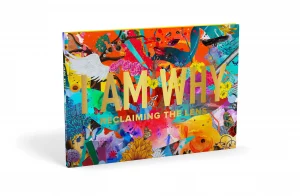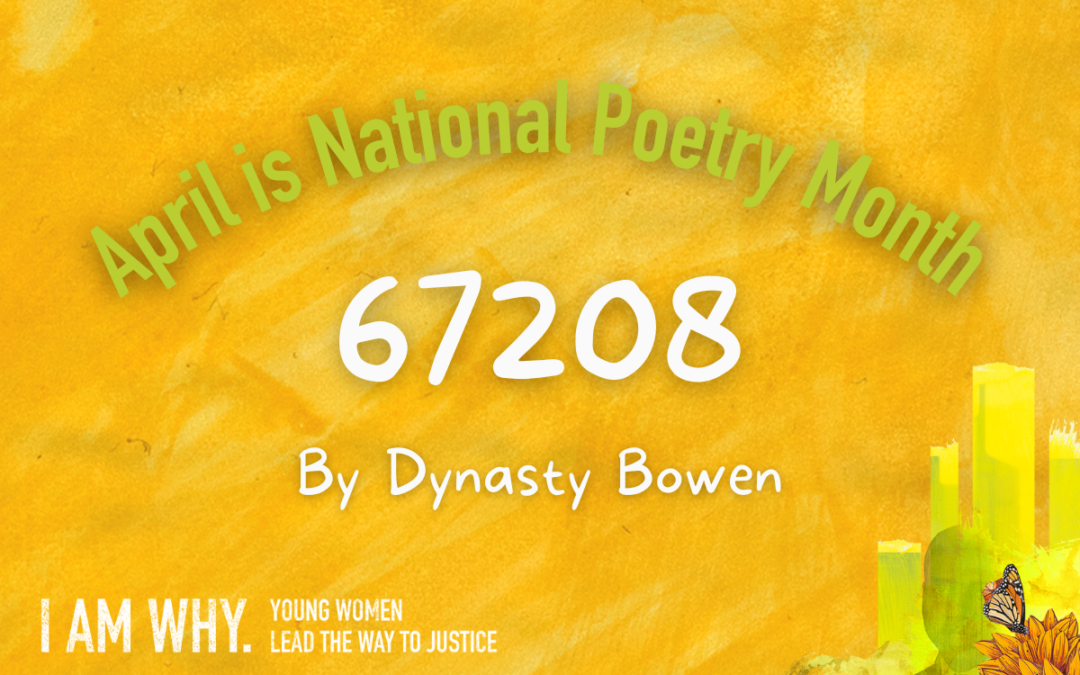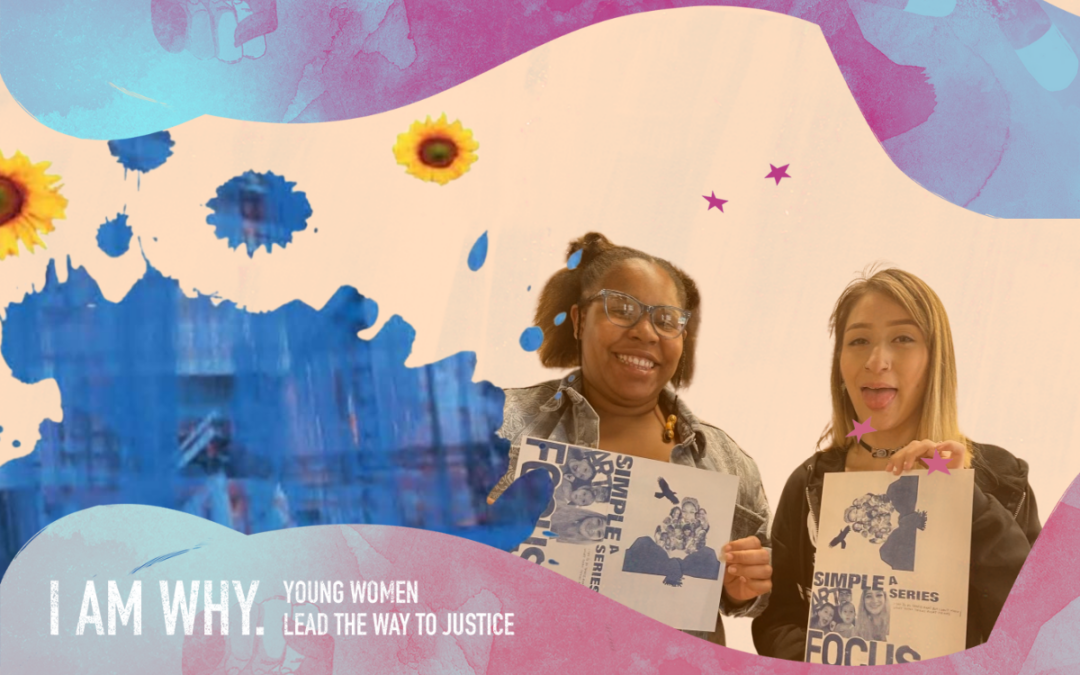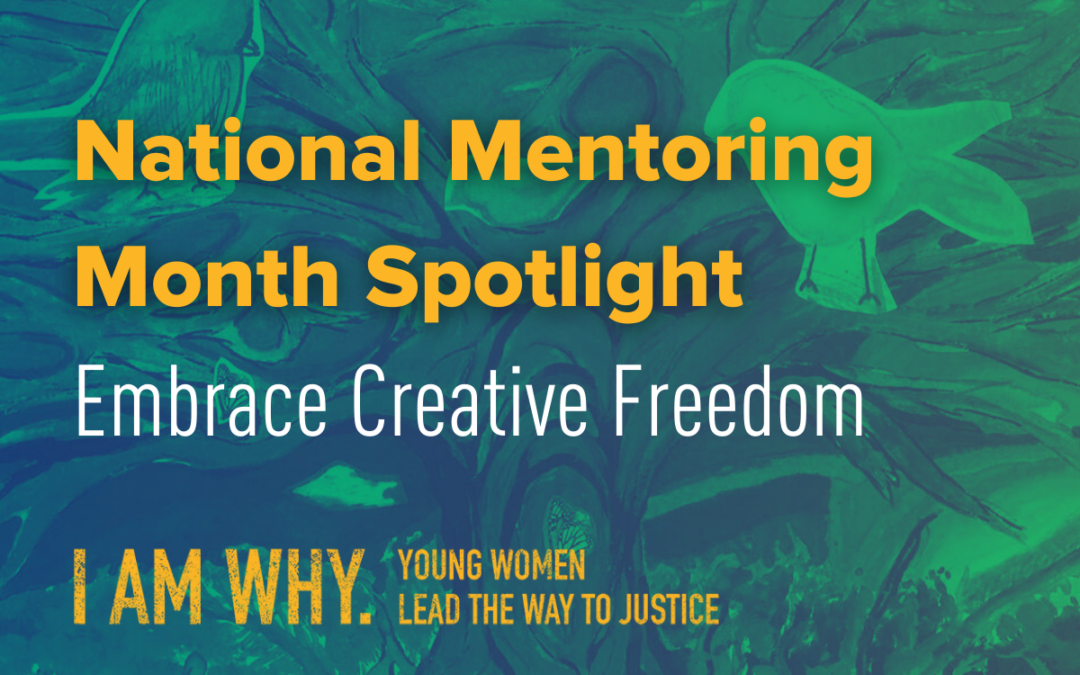How does Reproductive Justice affect your life?
Being born female means being the first-born daughter, granddaughter, niece, and great-granddaughter of my family. This has always meant I should achieve the most because it was expected that I would grow up while fulfilling a successful life.
Becoming a mother at 19 years old was never a part of my ideal dream, but it became the biggest blessing.
During early pregnancy, I was unsure of where to go to seek healthcare; I’m an Indigenous woman and was unable to go to my local Indian Health Service. The maternity ward at the clinic shut down in the early 2000s, which was close to 20 years ago. My mother was able to give birth to me at this facility in 1999.
Accessing adequate prenatal care for a young mother is often difficult because of unspoken prejudices and biases. I’m fortunate enough that I had access to outstanding prenatal care throughout both of my pregnancies thanks to a non-profit and freestanding birth center. I gave birth to my son on a hot summer morning in July and my daughter on a cool January evening at my grandparent’s house on the reservation—in my true safe space.
Reproductive justice meant I had the opportunity to choose this birthing option after not having access to maternity care at my usual health center. The birth center that I sought care at is also a sexual health clinic that works closely with members of the LGBTQ+ community. Having access to quality and competent health care services thanks to this facility, I was able to feel more than comfortable in my birthing experiences.
Reproductive justice is everyone having access to the care and services they deserve.
– Elmirah, I Am Why Consultant, Embrace Creative Freedom Co-Lead




